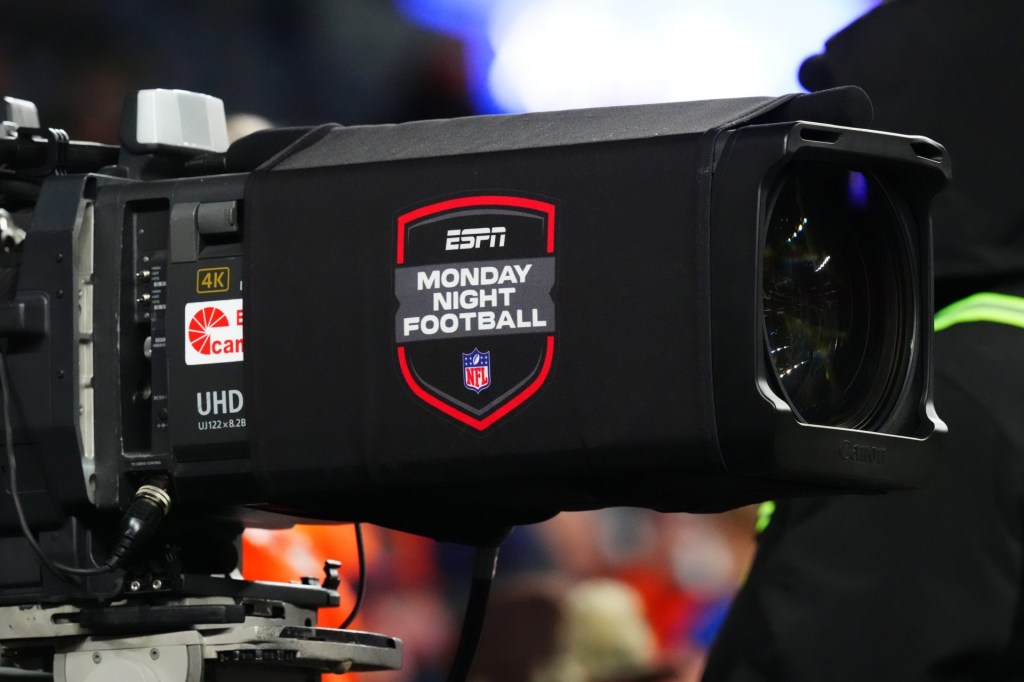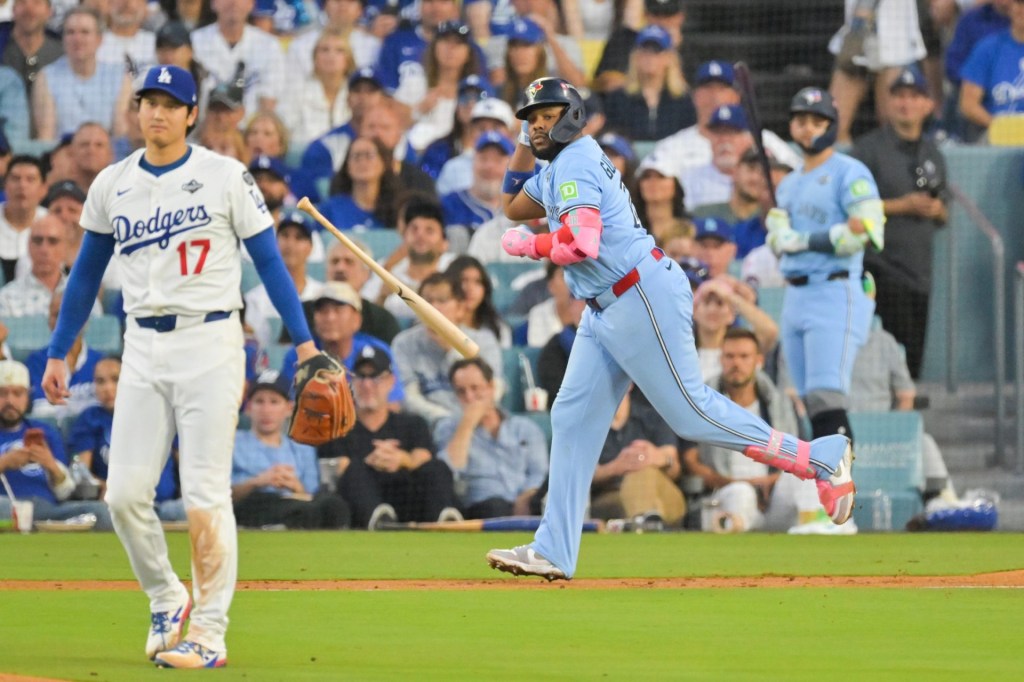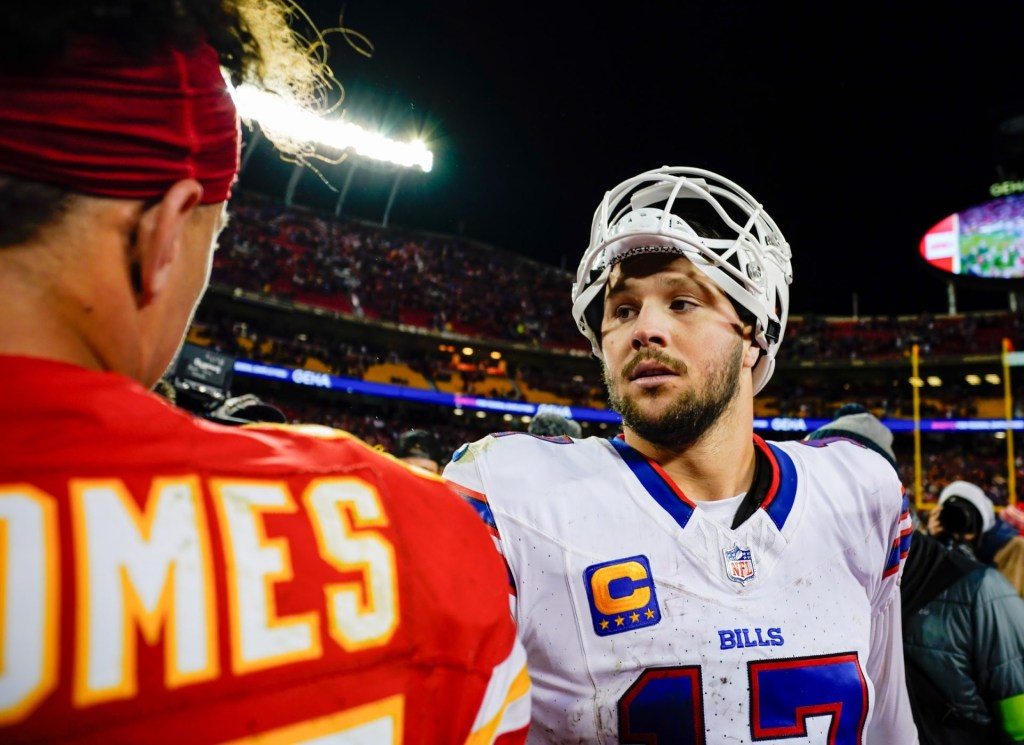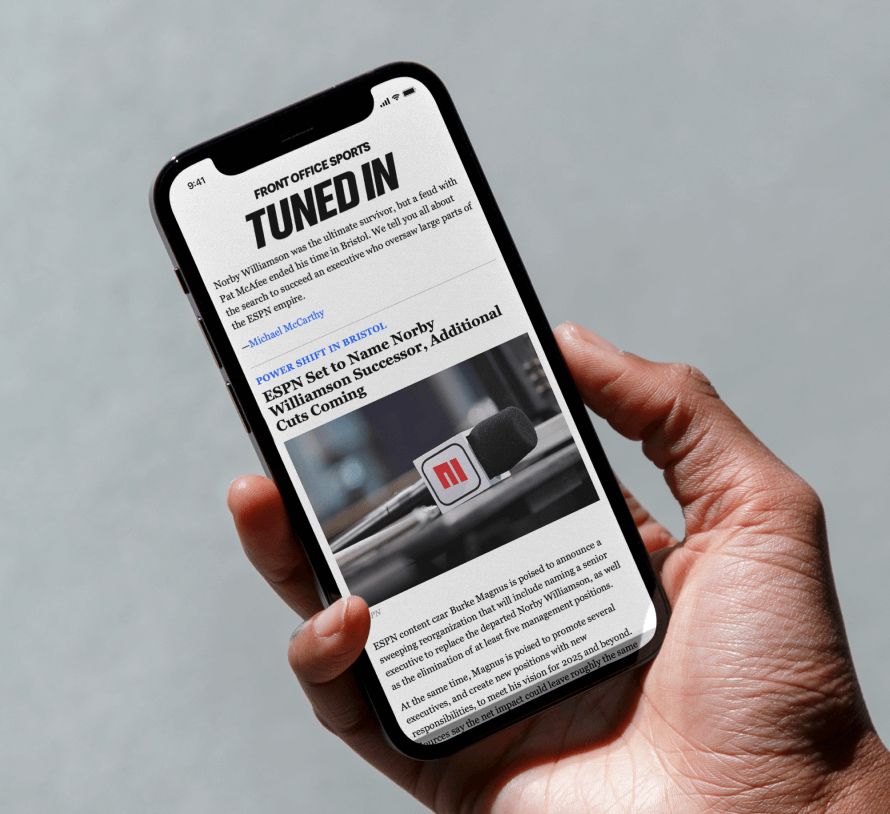Lisa Leslie, the four-time Olympic gold medalist, had an intriguing comment when asked whether Caitlin Clark belongs on the U.S. women’s basketball team in Paris.
“She better be on the Olympic team,” the three-time former WNBA MVP told ESPN’s Ramona Shelburne in April. “We should not leave the country without her. She’s a bona fide baller. There’s no doubt she’s already one of the best players in the world.”
One party who was not listening: USA Basketball, which left Clark off Team USA’s 12-woman roster, officially announced Tuesday morning. (Clark could still end up on the team as an injury replacement later this summer.)
Olympic player selection committees are generally rigidly focused on creating the best teams, not winning the TV ratings battle. USA Basketball women’s committee chair Jennifer Rizzotti said as much to reporters Tuesday, saying player popularity “wasn’t the purview of the committee” and that “outside noise” was simply not a factor.
But the Olympics is still a TV show. No matter where you come down on this argument, omitting Clark is objectively bad for NBC Sports, which is paying $7.75 billion to the International Olympic Committee to televise the Olympic Games through 2032. ESPN’s Tony Kornheiser said NBC should be “livid” about the lost ratings opportunity. FS1’s Colin Cowherd called it a missed “layup” for women’s basketball. “Life gives you so few big waves. When they do, grab your surfboard,” Cowherd noted.
The Olympics needs a ratings boost. The 2021 Tokyo Olympics were the least-watched prime-time Olympics on record, summer or winter, according to Sports Media Watch. NBC’s coverage averaged 15.6 million viewers per night, well below the previous record low of 19.8 million viewers for the ’18 Winter Games. The IOC’s sale of broadcast and marketing rights, plus other revenue streams, generated $7.6 billion from ’17–2021. But TV and sponsors have zero input into player selection by national teams. The bill for excluding Clark could come due this summer.
Would the sight of Clark draining threes in the red, white, and blue from the City of Lights have supercharged NBC’s Olympic TV ratings this summer? Consider that in her first month as a pro with the Indiana Fever, the 22-year-old Clark has exploded TV audiences for the WNBA’s TV partners ABC, ESPN, ESPN2, CBS, Ion, and NBA TV. The league is off to its most-watched start in 26 seasons. WNBA game telecasts are averaging 1.32 million viewers, nearly triple last season. TV viewership is up 60% among people of color, with Hispanic and Black viewership rising 96% and 67%, respectively. Media partners ABC, ESPN, ESPN2, Ion, and NBA have all posted their most-watched games ever. And did we mention the WNBA posted record attendance and merchandise sales in its first month? As a result, my sources tell me the WNBA could quadruple its annual rights fees of roughly $60 million a year during the NBA’s current billion-dollar rights negotiations.
Even without Clark, women’s basketball should still be a major TV draw at the Paris Olympics. Despite tipping off at 10:30 p.m. ET, the women’s gold medal game between Team USA and Japan from Tokyo in 2021 averaged 7.9 million viewers, according to The Athletic. TV coverage of Team USA’s previous gold medal games also drew solid numbers, including 8.1 million viewers from Rio in ’16, 10.2 million from London in ’12, and 5.9 million from Beijing in ’08. Would a gold medal game with Clark double those numbers? We will probably never know. But we do know that Clark’s box office appeal helped the NCAA women’s college basketball championship outrate the men’s this year for the first time in sports TV history.
NBC declined to comment on this story. But another sports TV executive shook his head over a “short-sighted business decision that makes no sense in the big picture.” I can’t argue.
The timing makes this decision even worse. Clark is must-see TV after leading Iowa to two straight NCAA championship games and becoming the all-time leading scorer in women’s college basketball. By the gift of the sports gods, she turned pro shortly before the Paris Olympics. Meanwhile, the WNBA and U.S. women’s basketball have long complained about their lack of media coverage, pay and travel perks vs. their brothers in the NBA. The whole thing was set up for appointment TV this summer.
“Seems like a gift for ratings and recognition that they turned down,” Andrew Brandt, the executive director at Villanova University’s Moorad Center for the Study of Sports Law, told me. “I can understand the rationales—having to earn her spot, pay her dues, potential jealousies, etc.—but she has been, is, and will continue to be a true force multiplier for women’s basketball, at all levels. Whatever ratings they get, it will not be what they could get with her on the team.”
After 40 years of covering the Olympics, USA Today columnist Christine Brennan called it the “worst” athlete/team decision she’s seen. “Then again, we probably shouldn’t be surprised. As we’ve known for years, the last amateurs left in the Olympic Games are the people running them,” she wrote this weekend.
Since the news of Clark’s omission we’ve heard multiple arguments justifying her exclusion, and from a basketball standpoint, they’re right. Does her early performance measure up to WNBA superstars like A’ja Wilson and Breanna Stewart? No. But that’s partly due to the lack of talent around her on the 3–10 Fever. Then there’s the argument that Clark didn’t attend the Olympic training camp. True. But that would have been impossible since she was leading Iowa to their second straight Final Four. Finally, there’s the “She would have sat on the bench anyway” justification. Maybe, but a record 2.45 million people tuned in to watch her become the No. 1 pick in the WNBA draft this spring, something that was a foregone conclusion. With Team USA routinely blowing out international opponents, she’d get her minutes. Who’s better positioned to grow the women’s game globally from a business and marketing standpoint: Diana Taurasi going for her sixth Olympic gold medal? Or Clark going for her first?
The Olympics are one of the last vestiges of appointment family viewing. Clark has brought fathers, daughters, and families together to follow women’s basketball for the first time. Like Simone Biles and Michael Phelps, she would have been the perfect star for NBC’s Summer Olympics coverage.
As Jemele Hill noted, this is probably good for Clark, personally. She could use the one-month rest to recharge her batteries after ClarkMania. But it still feels like a missed opportunity in my book. As Olympic marketing expert Rob Prazmark told me, Clark would have been a “one-person Dream Team” in Paris this summer. But Team USA made its decision based on its own narrow criteria. NBC should ask for a discount.
Michael McCarthy’s “Tuned In” column is at your fingertips every week with the latest insights and ongoings around sports media. If he hears it, you will too.
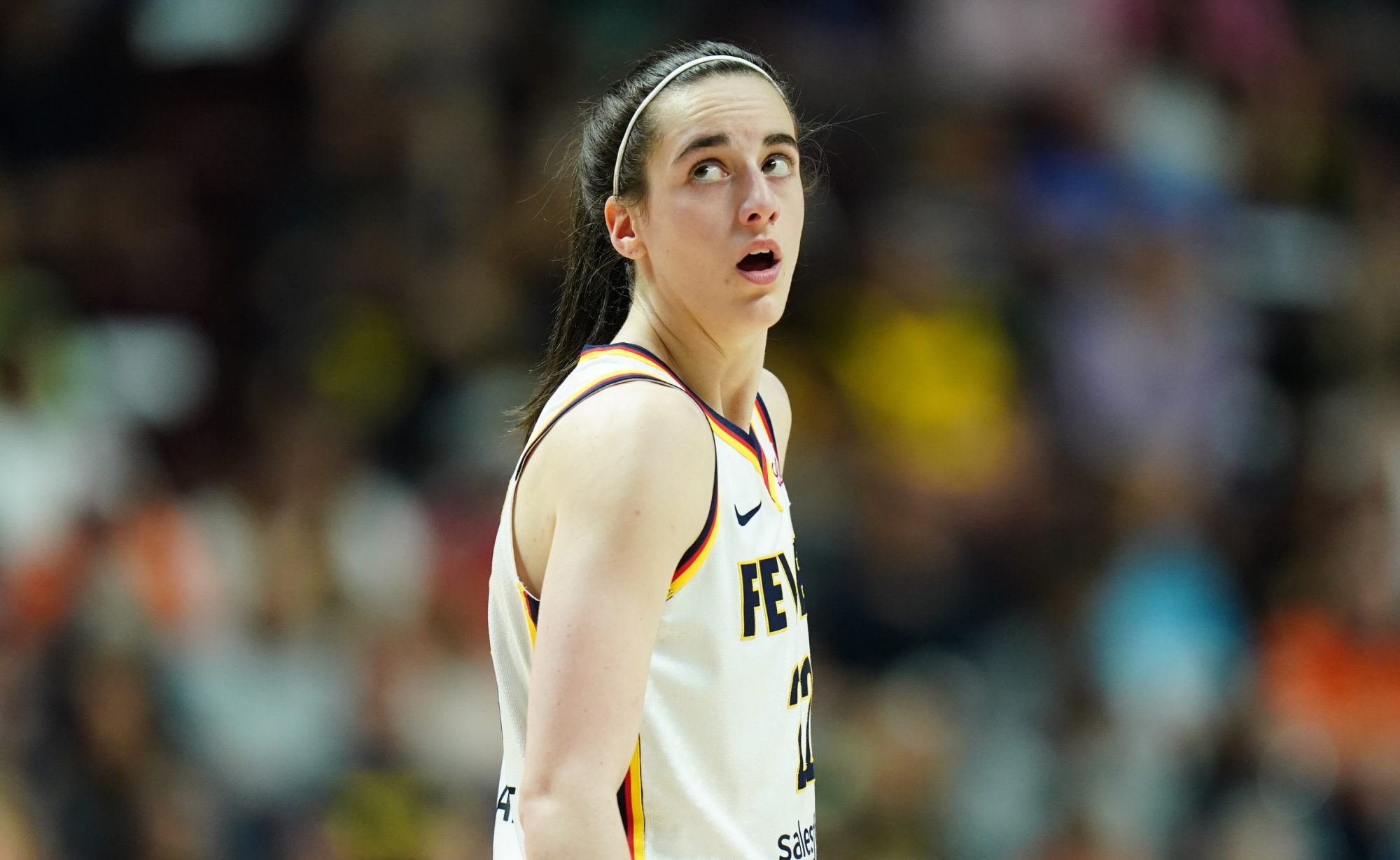

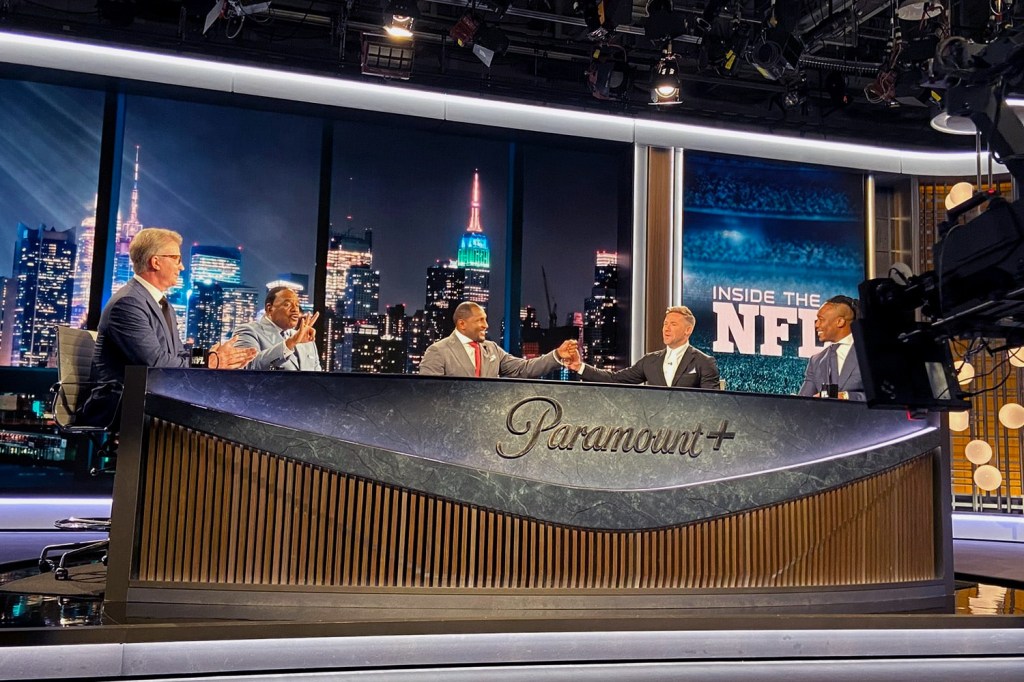


![[Subscription Customers Only] Jul 13, 2025; East Rutherford, New Jersey, USA; Chelsea FC midfielder Cole Palmer (10) celebrates winning the final of the 2025 FIFA Club World Cup at MetLife Stadium](https://frontofficesports.com/wp-content/uploads/2026/02/USATSI_26636703-scaled-e1770932227605.jpg?quality=100&w=1024)





